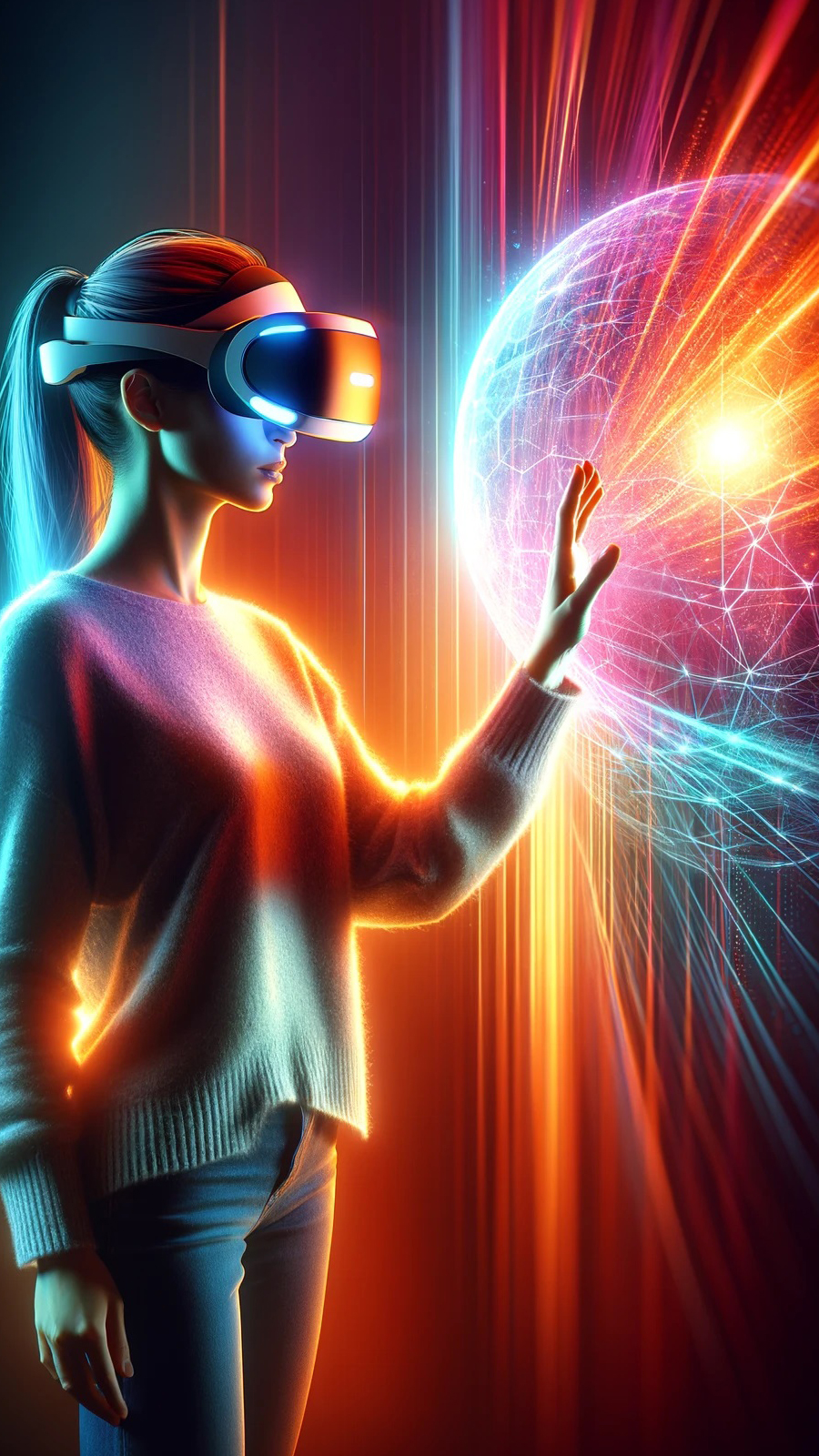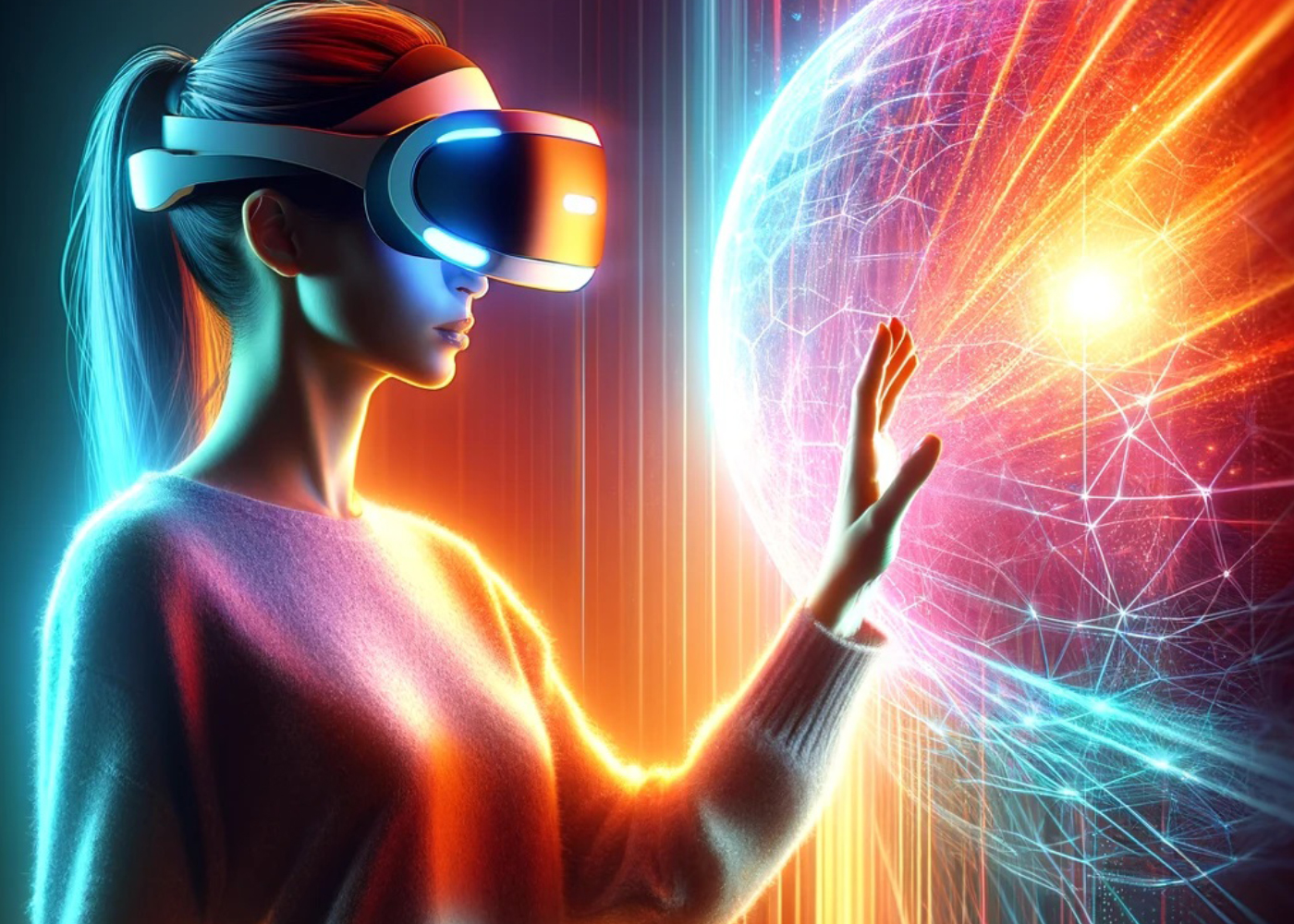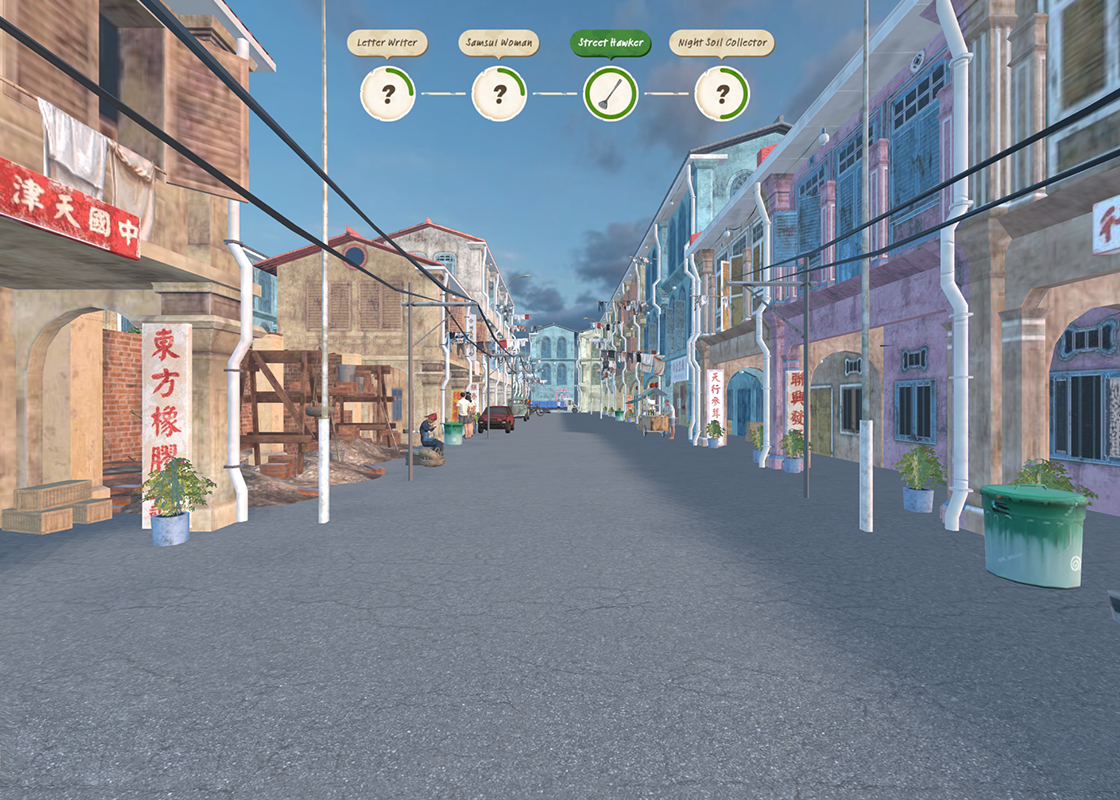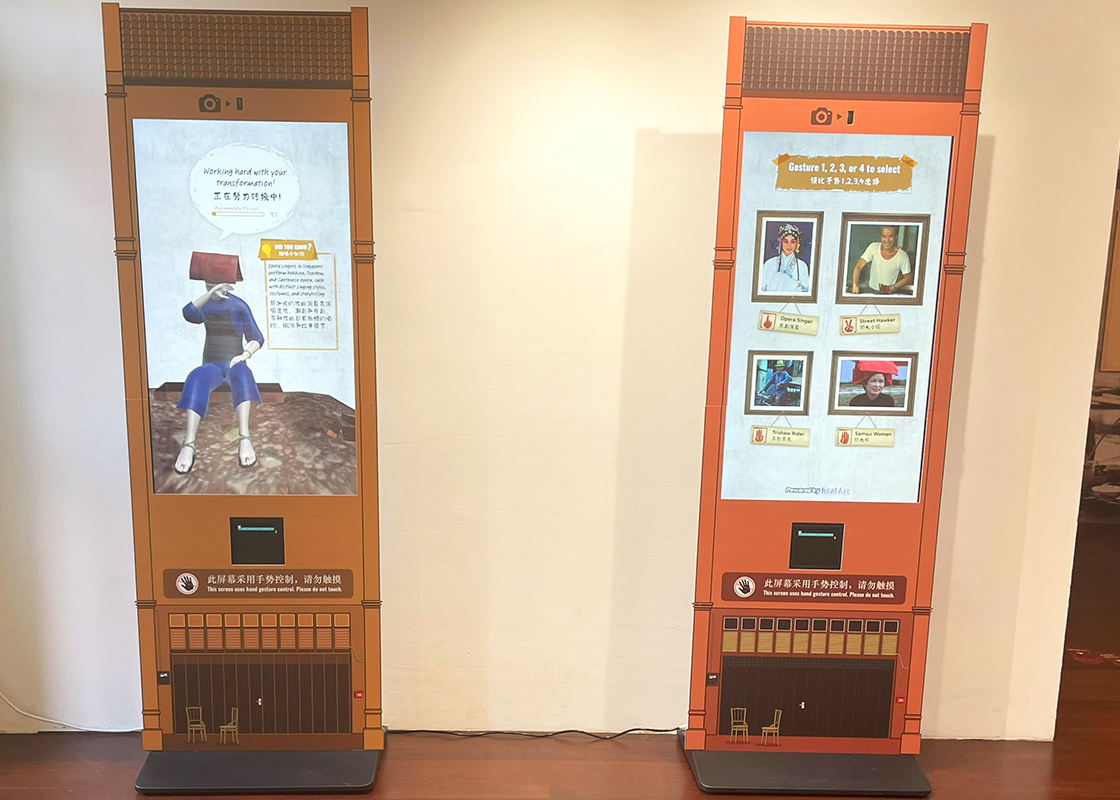Published February 27, 2024
- Get Mascot Lively with Augmented Reality (AR)30 Jul 2024
- Apple Intelligence, the New AI from Apple22 Jul 2024
- Experiential Products/Campaigns on June 202415 Jul 2024
New Era of Retail Marketing
In an era where consumer attention is a coveted currency, standing out in the saturated market of retail and advertising is paramount. Experiential technology offers a groundbreaking solution, transforming the way brands interact with their customers by creating immersive and memorable experiences. From Artificial Intelligence (AI) to Virtual Reality (VR), these technologies are reshaping the landscape of retail marketing, offering innovative ways to engage, captivate, and retain customers.
What is Experiential Technology?
Experiential technology is innovative digital solutions designed to create immersive and interactive experiences for users. It encompasses a broad range of technologies, including virtual reality (VR), augmented reality (AR), mixed reality (MR), and interactive digital installations. By leveraging these technologies, experiential technology aims to engage users on a deeper level, transforming passive observers into active participants. Through experiential technology, brands and organizations can create unique, personalized interactions that resonate with their audience, fostering a stronger bond and a lasting impression. This guide would explore three experiential technology that could integrate into modern retail ads marketing.
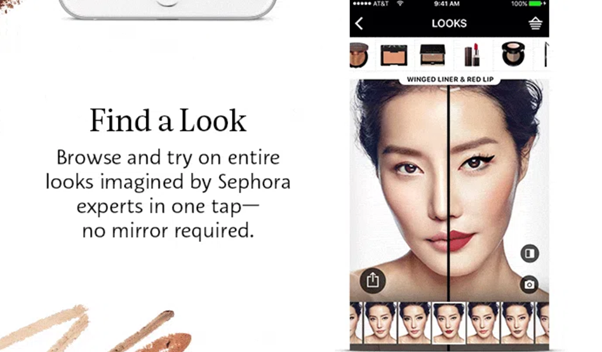
Try-On Cosmetics with Artificial Intelligence (AI) in Sephora App
AI is revolutionizing retail by offering personalized shopping experiences that cater to the individual preferences of each customer. By leveraging AI, brands can create intelligent product recommendation engines and responsive chatbots that enhance customer service and streamline the product discovery process. For instance, Sephora’s Virtual Artist app uses AI to analyze the user’s face and recommends the most suitable cosmetic products, enabling virtual try-ons. This not only simplifies the shopping experience but also significantly increases the likelihood of purchase by providing personalized recommendations.
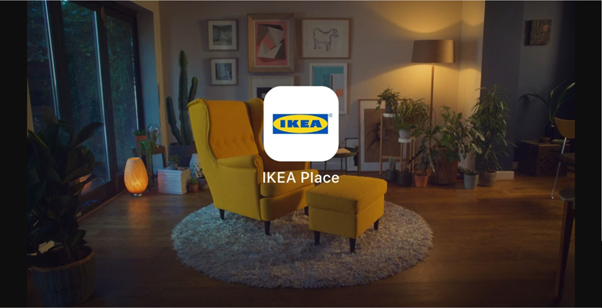
IKEA Place with Augmented Reality (AR) Technology
AR brings an innovative dimension to online shopping by allowing customers to visualize products in their own environment before making a purchase. IKEA Place is a pioneering example, enabling users to see how furniture would look in their homes through their smartphone screens. This technology effectively bridges the gap between the digital and physical worlds, reducing the uncertainty that often accompanies online shopping and thereby enhancing consumer confidence and satisfaction.
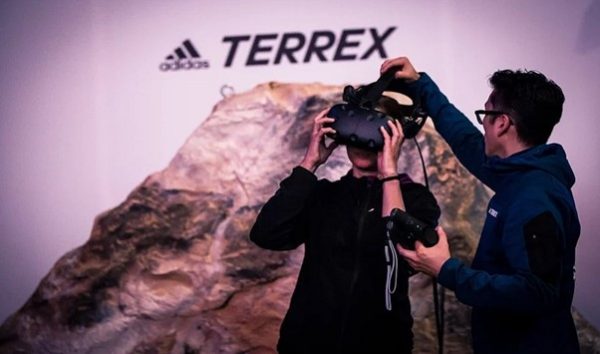
Adidas’ Terrex using Virtual Reality (VR) to engage with their audience
Adidas leveraged Virtual Reality (VR) technology for their Adidas Terrex campaign, offering a unique and immersive experience that simulates climbing the challenging Delicatessen route in Corsica. Through VR headsets, participants could virtually experience the thrill and challenges of outdoor climbing from the climber’s perspective. This innovative use of VR not only showcased the capabilities of the Adidas Terrex outdoor gear but also provided an engaging way to connect with the brand’s adventurous audience, making outdoor sports more accessible and enticing for users worldwide.
The integration of experiential technology in retail marketing represents a significant shift towards more interactive and personalized customer experiences. By adopting AI, AR and VR, brands can differentiate themselves in a crowded market, creating unique and memorable experiences that resonate with consumers. As we move forward into the future of retail, the possibilities for innovative advertising campaigns are boundless.
Are you ready to transform your brand’s marketing strategy with experiential technology? Contact us today to explore cutting-edge solutions that will set your brand apart and captivate your audience like never before.







